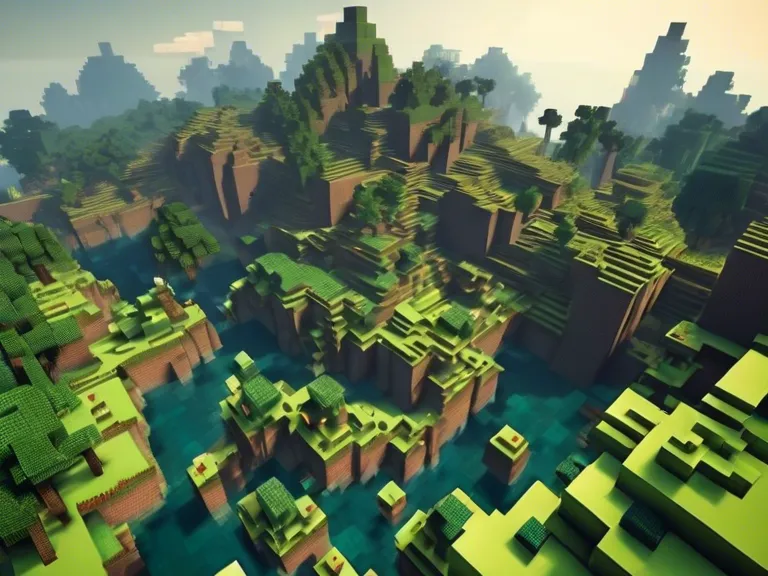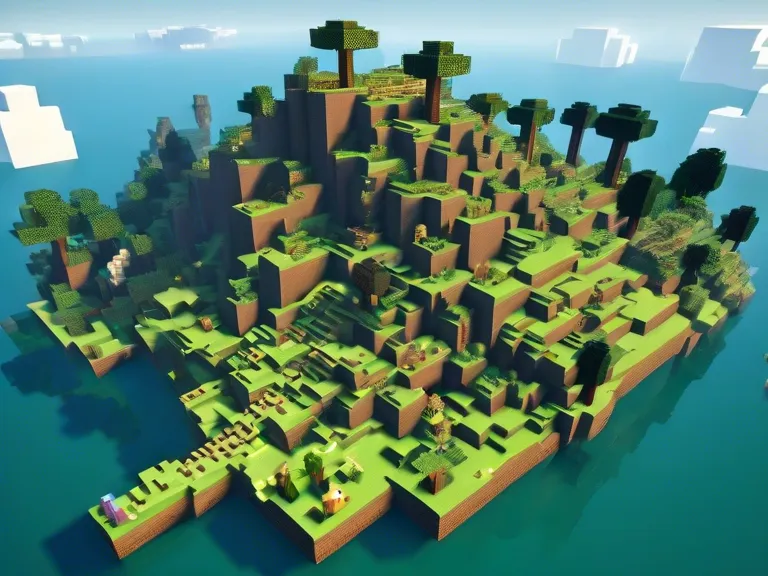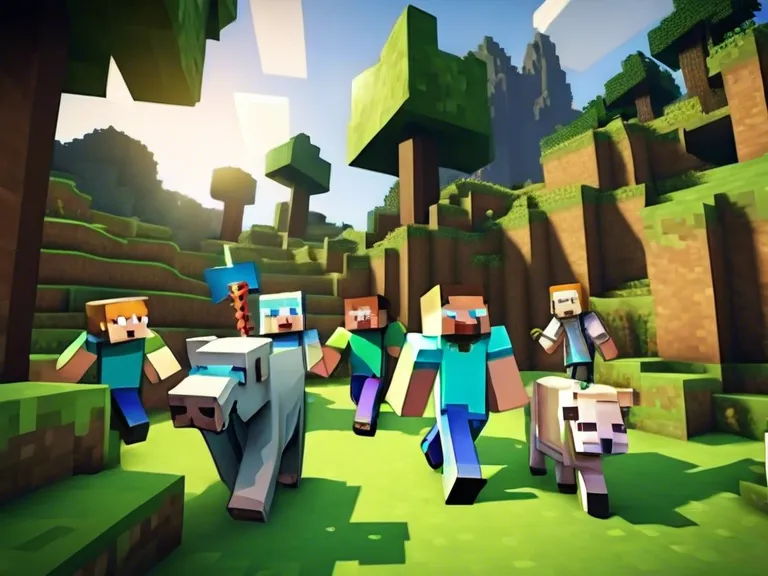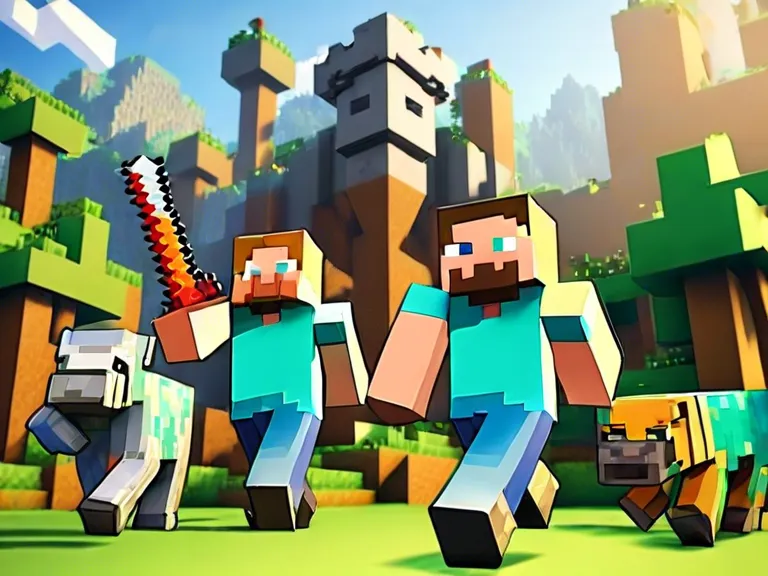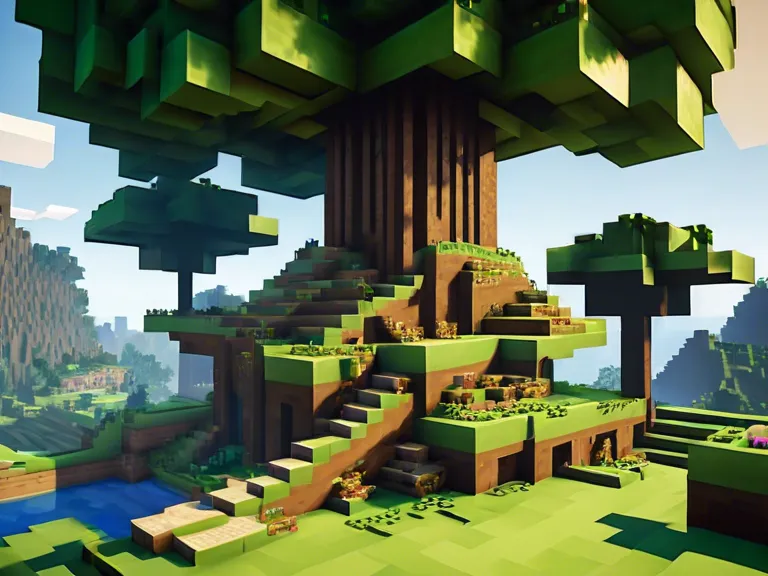
In recent years, there has been an increasing interest in using video games as educational tools. One game that has been particularly successful in this regard is Minecraft. This sandbox game allows players to build and explore virtual worlds, making it an ideal platform for learning various subjects. But what is it about Minecraft that makes it so effective in education? In this article, we will explore the intersection of gaming and education, with a focus on the philosophical insights into Minecraft's role in learning.
Minecraft's open-world design encourages creativity and problem-solving skills. Players are free to explore and build whatever they can imagine, which can stimulate critical thinking and innovation. This aspect of the game aligns well with the educational philosophy of constructivism, which emphasizes hands-on, experiential learning. By actively participating in the game world, students can better understand complex concepts and retain information more effectively.
Moreover, Minecraft promotes collaboration and teamwork. Many educators have used the game to facilitate group projects, where students work together to achieve a common goal. This fosters communication skills, leadership abilities, and social-emotional learning. By engaging in multiplayer sessions, students can practice important skills that are essential for success in the real world.
Another philosophical insight into Minecraft's educational value is its emphasis on autonomy and agency. In the game, players have the freedom to make choices and decisions that impact their virtual environment. This aligns with the philosophy of humanism, which recognizes the importance of individual agency and self-directed learning. By allowing students to take control of their learning experiences, Minecraft can empower them to become active, independent learners.
In conclusion, Minecraft's role in education goes beyond just being a game. It offers valuable philosophical insights into how students learn and grow. By leveraging its open-world design, emphasis on collaboration, and promotion of autonomy, educators can use Minecraft as a powerful tool for teaching a wide range of subjects. As technology continues to evolve, it is essential to recognize the potential of video games like Minecraft in shaping the future of education.
